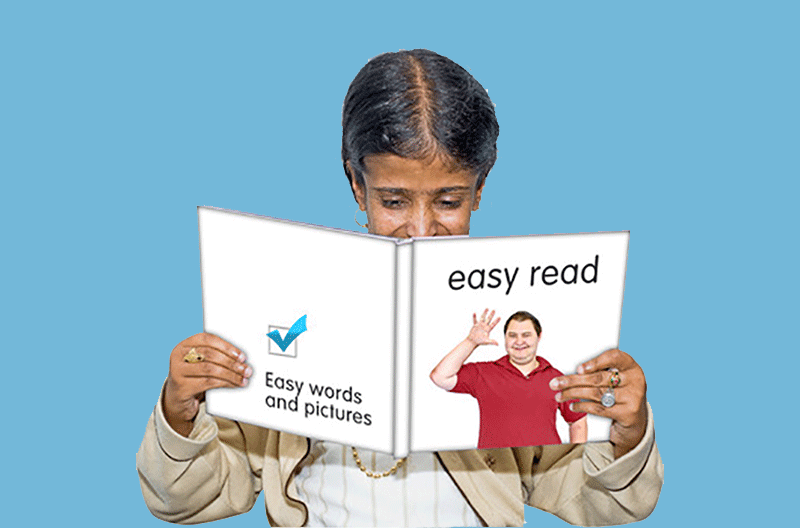What is a great Annual Health Check?
Annual health checks are one of the most important aspects of tackling health inequality; they can help keep track of someone’s health and spot any potentially serious issues early on.
If you support someone click the link at the top of the page for bespoke advice.
In this video Mark and Jordan discuss what a great annual health check can look like, and how it can make patients feel.
Everyone over the age of 14, who is registered on the Learning Disability Register, should be offered an annual health check each year.
It is important that you talk to the person you care for and their GP about being put on the Learning Disability Register and putting in plenty of time and reasonable adjustments for a great annual health check.
Annual Health Checks are really important for monitoring people’s general health and well-being, as well as spotting any issues before they potentially get more serious.
It’s shocking that people with learning disabilities are five times more likely to end up in hospital for preventable issues that could have been treated by their GP (EHRC) so be encouraging great Annual health Checks we can help tackle that.
Here’s what to expect at an Annual Health Check
The doctor will use this time to get to know you, how you’re feeling and ways they can support your health and well-being.
If you are uncomfortable with any questions, checks or tests you do not have to do them. But the more information the doctor has about you, the better they can care for you.
You can ask for, and suggest, some changes they can make to help make things easier for you. These are called reasonable adjustments and they are your legal right.
Questions
The doctor may ask you questions about:
- How you are feeling.
- Any concerns you have.
- How you are managing any existing medical conditions.
- How you are getting on with medication you are taking.
- Anything about your health and well-being that has changed.
- what vaccines you have had.
- If you have had Covid-19.
Your doctor may carry out these tests:
- Height
- Weight
- Temperature
- Blood pressure
- Blood oxygen
You might need to have a blood test. You can ask them to help you understand and prepare for this. You can visit this page on our website to find out more about blood tests.










